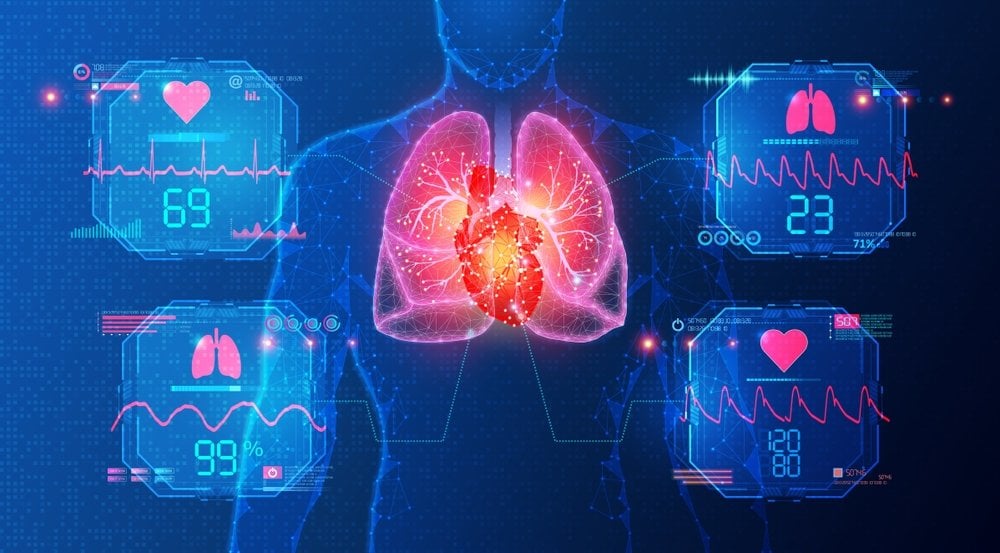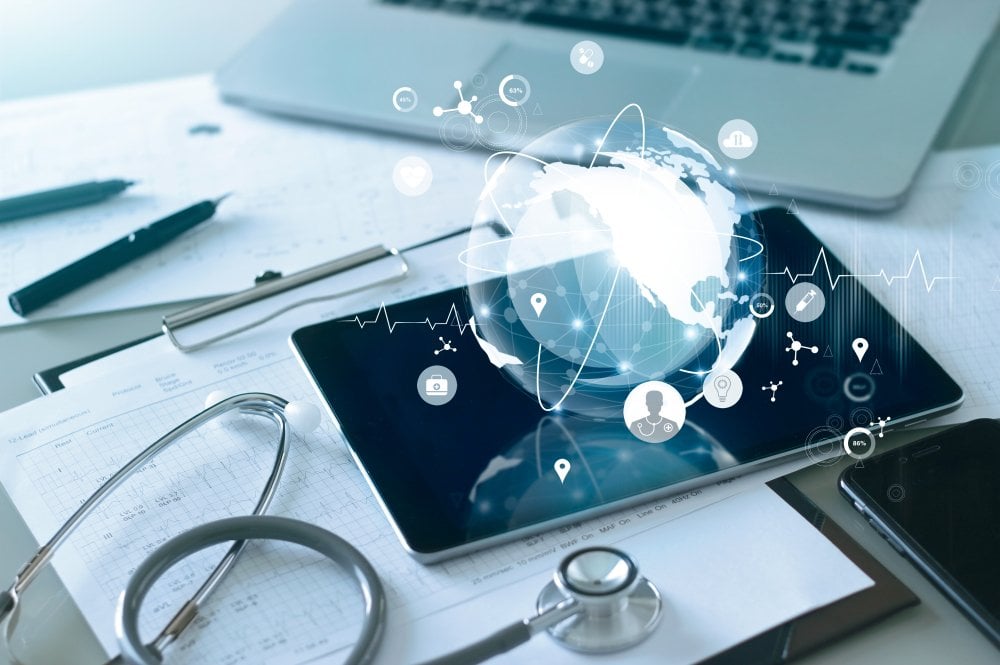The word “normal” is now almost always accompanied by air quotes. So when opening a recent session during W2O’s Digital Health Summit called Health Tech’s Role In Return to Normalcy, moderator David Kirkpatrick teed up the discussion with a clarification: “I’d like to think of ‘normal’ as more the kind of world we knew before, but changed. What is the world going to be like when we can actually go out and do things? It won’t be normal like it was before, it’ll be different.”
Digital health care, data aggregation and analysis, record keeping methodologies, reporting systems, privacy standards, and apps of all kinds will be essential to our return to this different normal. To address the complexities and opportunities at hand, Kirkpatrick was joined by Denise Heaney, Senior Scientific Affairs Manager, Diagnostics Information Solutions at Roche Diagnostics, and Nick Vitalari, Chief Strategy Officer at Quantum Materials Corp.

“The one gift I think Covid has given us, if I if I can be so bold, is the ability to realize that we can do virtual care,” said Heaney. “I think that has opened up a lot of doors where digital will really be welcomed with open arms, because people have started to adopt, or at least consider these types of virtual platforms that allow them to do a variety of virtual care.”
Finding ease and peace of mind is at the heart of Roche Diagnostics’ work in developing the digital systems that will allow us to get back to circulating in public again. Whether it be applications to monitor symptoms, confirm test results, or prove vaccination status, Roche is working to bring the pharmaceutical and diagnostic sides of the equation closer together.
With the roll out of vaccines and cases surging, health passes are front of mind. Quantum Materials Corp.’s system provides exactly that – a trusted way to prove an individual has been vaccinated or recently tested. Heaney similarly sees the opportunity to allow people to monitor their symptoms and share that data with their employers to ease the transition back into the workplace.

Not only will these kinds of passes be helpful for public health officials and employers, but they may also be essential in settings from universities to sporting events to travel. (Canada notably now requires proof of negative test results for travelers entering the country and American Airlines passengers will soon be able to upload health passports before travel.)
So what might this tech look like? Expect things like QR codes, green checkmarks on your smartphone, and careful counterfeit precautions. One thing’s for certain, says Vitalari – “paper won’t work.” Reporting from the New York Times and Techonomy’s Robin Raskin seems to concur – digital health passports will be the rage in 2021. As Raskin notes, many, many companies are developing apps and passports – a far cry from the yellow immunization cards parents of school-aged children kept tucked away…somewhere.
And if you’re concerned about security and privacy? So are the experts. “Because we’re privacy advocates, we want to make sure that the person has control of their information,” said Vitalari. “…they can show it to who they want to, when they want to, and not worry that information is somehow going out the backdoor to some organization they have no affiliation with.”
Two major outstanding issues remain: access and infrastructure. Of course not everyone has a smartphone or broadband. Seniors, as the Chicago Tribune reports, are often unable to navigate the online process of even registering for a vaccine appointment. And the kind of overarching infrastructure needed to leverage digital health systems doesn’t exist in many places. But Vitalari is optimistic. “Saas platforms can allow [infrastructure] to be dropped in for a very reasonable price point and cost. And once we start deploying those systems, even though they may be done by different companies, if the data standards are similar, we will have a real opportunity – within literally months, let’s say half a year or so – to get a much better picture than we have today.”
During this painful transition to “normal,” we have a lot to be optimistic about. With a new administration pledging 100 million vaccines in 100 days and advancements in digital health paving a fresh path forward, we can start looking forward to a brighter, different future.

















